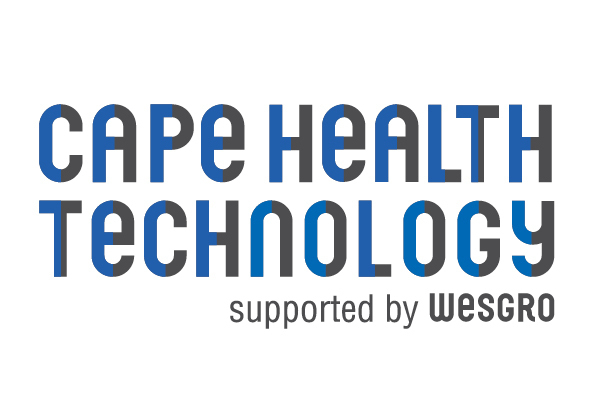The Western Cape Trade and FDI Flows on Health Technology
Executive Summary
This destination fact sheet provides key trade and investment-related statistics for the Western Cape. Specifically, it shows an analysis of top markets and products concerning the Western Cape Health Technology sector, highlighting the largest and fastest-growing products and sub-sectors, which are Medical Devices, and Pharmaceuticals.
Trade
- The Western Cape was a net importer of Medical devices and Pharmaceutical products over the period 2009 through to 2019.
- The Western Cape’s global exports of medical devices grew by 13% y-o-y from ZAR425m in 2018 to ZAR478m in 2019. Still, on the export front, the total receipts from the trade of pharmaceuticals went up by 27% from ZAR740m in 2018 to ZAR936.33m.
- In 2019, Namibia was the Western Cape’s leading export market for both medical devices and pharmaceutical products at a value of ZAR66.67m and ZAR230.62m, respectively.
- Instruments and appliances used in medical, surgical & veterinary sciences were the Western Cape’s top medical devices export product at a value of ZAR264.29m. On the same front, medicaments consisting of mixed or unmixed products were also the province’s top pharmaceutical export product in 2019 at a value of ZAR424.75m.
- Medicaments consisting of mixed or unmixed products (for retail sale) were the Western Cape’s leading import product category in 2019, securing a 60% share of the total imports in pharmaceuticals in the year under study.
Tariffs
- Of the Western Cape’s top ten destination markets for Medical Devices, South Africa currently receives a fixed tariff when exporting to Uganda, Kenya and Malawi. Uganda and Kenya charge South Africa the same tariff on three similar products, whilst Malawi charges South Africa only on Hygienic or pharmaceutical articles, incl. teats, of vulcanised rubber (excluding hard rubber), at 15%.
- It is imperative to review the tariffs and taxes imposed on health products, even, consider their temporary removal in times of health crises.
- It is also vital to review import regulations, e.g. licencing and registration requirements of health products. Consider their temporary lifting (or easing) where feasible.
- There is a dire need for a review of import procedures for critical health products. Consider a ‘fast lane’ with quick customs clearance similar to the ones used for perishable products.
FDI
- According to FDI Intelligence’s market statistics, between January 2003 and March 2020, a total of 5 FDI projects were recorded into the Western Cape Pharmaceutical sector. These projects represent a total capital investment of ZAR1bn, which is an average investment of ZAR272m per project. During the period, 783 jobs were created.
- Turning to the inward investments from 2003 to March 2020, ten investment projects were undertaken, with a total capital expenditure value of ZAR870.31m. This equated to an average investment of ZAR86m per project. During the period, 322 jobs were created. Over the period analysed, there were no investments recorded into the Western Cape; instead, the majority fell into Gauteng; this is despite the strong industry presence in the Western Cape.
Download the Report here.
